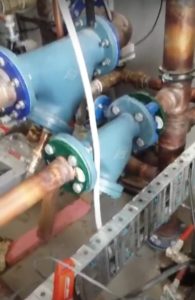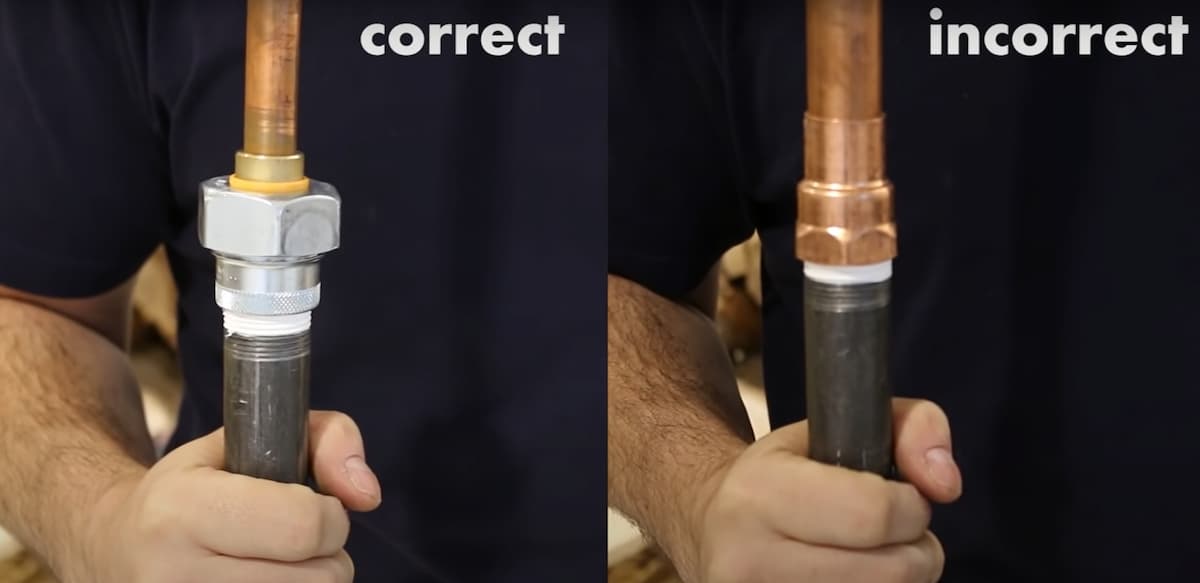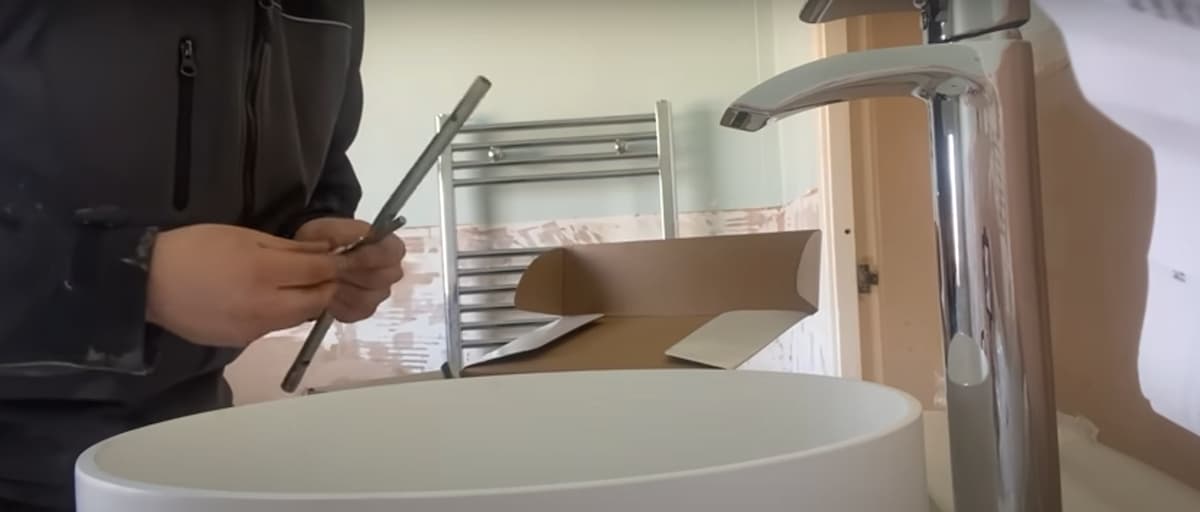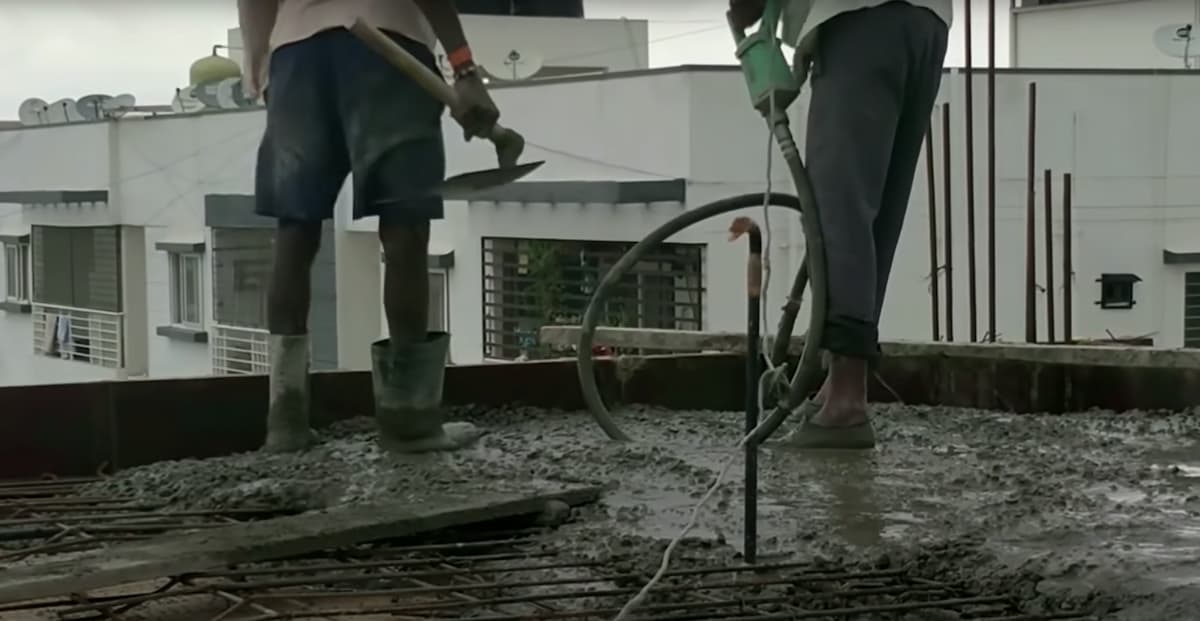
What is a plumber? | What is a gas fitter? | What is kitchen gasfitting? | What is heating system gasfitting? | What is common between plumbers and gasfitters? | Common differences between a plumber vs gas fitter | Can a gas fitter install natural gas or LPG? | Are gas plumbers & gas fitters the same?
A plumber does pipework, a gasfitter installs and repairs gas pipes. The gas pressure system in your home or business is called a gas supply system and is looked after by a gas fitter, where as the kitchen pipes such as the sink pipes are looked after by plumbers.
The plumber installs the cold water and hot water taps to kitchen sinks, baths, washing machines and toilets. The plumber’s job includes installing their own appliances (toilets, dishwashers etc) as well as any pipework needed to connect to a kitchen or bathroom.
The plumber will install and repair waste pipes for bathrooms, kitchens etc but not drains between the outside and inside of your home (gasfitter’s job). The gas fitter installs the gas hot water system and supplies gas connections for ovens, hobs etc as well as fireplaces/open fires.
A plumber can do some rough pipework but not drains or anything at all relating to gas except maybe installing their own boilers. A very competent plumber can be hired to put in a small 4-6KW domestic solar installation but it certainly involves far more plumbing skills than electrical ones. I would suggest you get an electrician to wire the panels, inverter(s)and charge controller(s).
What is a Plumber?
A person who installs and repairs pipelines for water, gas, oil or other fluid.
A plumber does pipework. A gasfitter installs and repairs pipes that are used in the distributing of natural and manufactured gases. The plumber’s job includes installing their own appliances as well as any “rough” pipework needed to connect to a kitchen or bathroom.
The plumber will install and repair waste pipes for bathrooms, kitchens etc but not drains between the outside and inside of your home (gasfitter’s job). The gas fitter installs the gas hot water system and supplies gas connections for ovens, hobs etc as well as fireplaces/open fires. A plumber can do some rough pipework but not drains or anything at all relating to gas except maybe installing their own boilers.
The plumber may also install some solar hot water systems but again, it is plumbing skills not electrical.
Plumbers can change a tap washer or toilet flush but do not tackle major leaks in hot or cold supply pipes. They cannot deal with serious gas leak problems caused by faults in the pipework they have installed themselves and are definitely unable to fix burst gas mains.
What is a Gas Fitter?
A Gas Fitter installs and repairs pipelines that are used in the distributing of natural and manufactured gases.
The Gas Fitter installs the gas hot water system and supplies gas connections for ovens, hobs etc as well as fireplaces/open fires. A plumber can do some rough pipework but not drains or anything at all relating to gas except maybe installing their own boilers.
What is Kitchen Gasfitting?
Kitchen Gasfitters are qualified to design, install and maintain domestic gas appliances including cookers, ovens and hobs.
Kitchen Gasfitters are qualified to deal with major leaks in hot or cold supply pipes. They can also fix burst gas mains.
What is Heating System Gasfitting?
Heating System Gasfitters are qualified to design, install,service and repair heating systems (domestic/commercial). This includes boilers, flues/chimneys/flue liners etc. They service central heating radiators as well as water heated underfloor systems for bathroom floors.
What is Common Between Plumbers and Gasfitters?
The common elements between plumbers as gas fitters are :
1. Both of them are registered with professional bodies in their countries.
2. They both use standardised tools and equipment while on site, which must conform to particular specifications laid down by law/professionally recognised trade associations within that country.
3. Their work environment should be safe and clean so as not to pose risks to the public or themselves (for example asbestos) for instance they identify what materials have been used before carrying out repairs/installing fixtures etc and make sure they do not disturb it unless absolutely necessary.
Common Differences Between a Plumber vs Gas Fitter
Some common differences between a Plumber & a gas fitter are:
- A plumber doesn’t know how to install a gas fitting in his own kitchen/bathroom or plan the installation of a gas system in factories, offices etc (although they can leave rough pipework for the Gas Fitter to finish). Plumbers mostly focus on water pipe systems.
- A Gas fitter cannot change taps on sinks and baths . Although both are skilled at their trade, there are differences between what each one does, which means you should always choose a qualified plumber if you require plumbing repairs.
- Plumbing work is quite specific as it requires accurate measurements to be made and pipes installed in a particular order that ensures correct fitment and function after installation. Plumbers do not usually bother about aesthetics.
Can a Gas Fitter Install Natural Gas or LPG?

A gas fitter is a tradesperson who installs gas lines for the supply of natural or LP (Liquefied Petroleum) gas to houses and commercial buildings. Gas fitters commonly install, remove and repair appliances that use these gases (for example cooking stoves).
Licensing requirements differ considerably between jurisdictions, although a general rule is that all states require either qualification as a skilled tradesperson by proof of training in good repute, or registration with state-run bodies for operation of gasfitting services.
Are Gas Plumbers & Gas Fitters the Same?
It is important to understand that although the two trades are quite similar, there are some key differences. They both perform work in the gas industry but a gas plumber and Gas Fitters have a slightly different role. This goes for commercial work and residential gas work as well.
A gas fitter are usually responsible for installing manufactured gas appliances such as hot water systems, heating systems and gas fires within the home. They will also sometimes perform maintenance work on site.
Gas fitters require a high level of certification and are fully qualified to carry out any work such as:
– Adjusting or repairing gas appliances under pressure
– Replacing safety switches on cooking devices or open flues in fireplaces
– Replacing gas pipework and/or appliances with the use of specialised machinery
Gas fitters also perform work such as:
– Testing to make sure that a new appliance is installed correctly before it can be turned on or vented to the outside.
– Ensuring that gas appliances are safe before they are commissioned.- Installing Gas piping systems to deliver gas to appliances.
– Maintaining gas piping, regulators and safety devices for main hot water, heating and cooking. This is so that they can be in good working order if or when a serious problem may occur.





